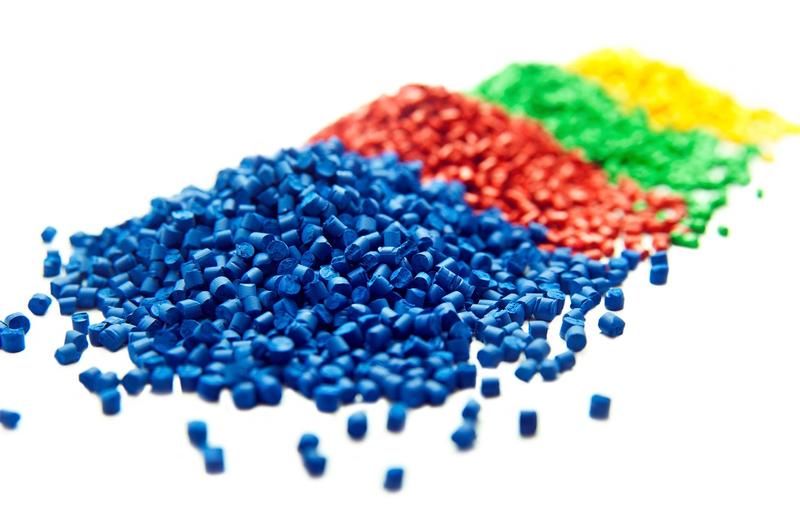The description of stress-strain behavior is similar to that of metals, but a very important consideration for polymers is that the mechanical properties depend on the strain rate, temperature, and environmental conditions. The stress-strain behavior can be brittle, plastic and highly elastic (elastomeric or rubberlike). Tensile modulus (modulus) and tensile strengths are orders of magnitude smaller than those of metals, but elongation can be up to 1000 % in some cases. The tensile strength is defined at the fracture point and can be lower than the yield strength. Mechanical properties change dramatically with temperature, going from glass-like brittle behavior at low temperatures (like in the liquid-nitrogen demonstration) to a rubber-like behavior at high temperatures .In general, decreasing the strain rate has the same influence on the strain-strength characteristics as increasing the temperature: the material becomes softer and more ductile.

Posted inMaterial Science
Mechanical behavior of polymers
Suresh Kumar is a passionate mechanical engineer with deep expertise in design, thermodynamics, manufacturing, and automation. With years of experience in the industry, they simplify complex engineering principles into practical insights for students, professionals, and enthusiasts. This blog serves as a hub for exploring cutting-edge innovations, fundamental concepts, and real-world applications in mechanical engineering.
Post navigation
Previous Post
 Common plastics and their typical uses
Common plastics and their typical usesNext Post
Deformation of Polymers 
